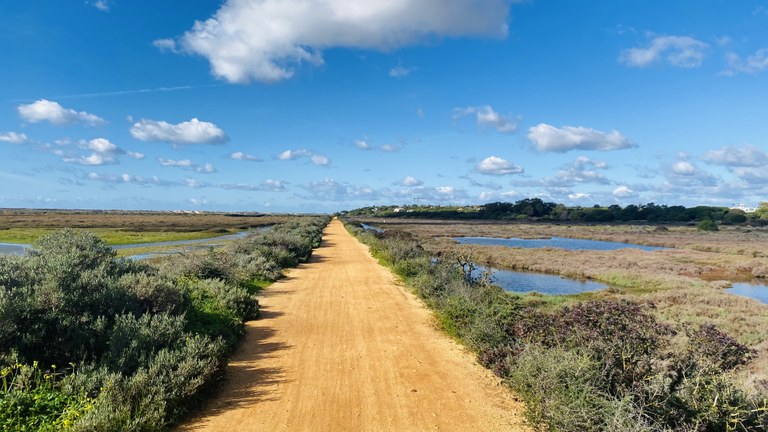Nordic perspective on wellbeing in education (NOW)

Viewing teacher wellbeing requires a nuanced and comprehensive approach, incorporating elements from various disciplines and methodologies. At its core, teacher wellbeing is a multidimensional concept that spans psychological, physical, emotional, and social aspects. Research in this area aims often to understand how these dimensions interact and contribute to a teacher's overall wellbeing. Understanding teacher wellbeing also involves considering the role of contextual factors such as school culture, administrative support, workload, work-life balance, and available resources. These environmental and institutional elements play a significant role in influencing teacher wellbeing. Longitudinal studies are particularly valuable in this field, as they provide insights into how wellbeing evolves over time with changes in educational policies, societal norms, and personal career trajectories. The research is many times not only limited to a single educational system or cultural context. In these types of research areas, comparative and cross-cultural studies are essential to broaden our understanding of how diverse settings and practices impact teacher wellbeing. A combination of qualitative methods like interviews, focus groups, and case studies, alongside quantitative methods such as surveys and statistical analysis, offers a more comprehensive view.
From these premises we have stared a research group called Nordic perspective on wellbeing in education (NOW). The group is a collaboration between multiple research universities across the Nordic region. The aim of the research group is to contribute towards a more comprehensive framework that not only addresses the multifaceted dimensions of teacher wellbeing but also provides insights into the systemic changes needed in teacher education and professional development to enhance the overall wellbeing of educators
The contact persons of the research group are
Heidi Harju-Luukkainen (University of Jyväskylä, Finland)
Minna Maunula (University of Jyväskylä, Finland)
Hege Knudsmoen (Oslo Metropolitan University, Norway)
Ann Cathrin Faldet (Innlandet University, Norway)
If you would like to be a part of this Nordic research group, please contact Hege Knudsmoen (hegknu@oslomet.no).